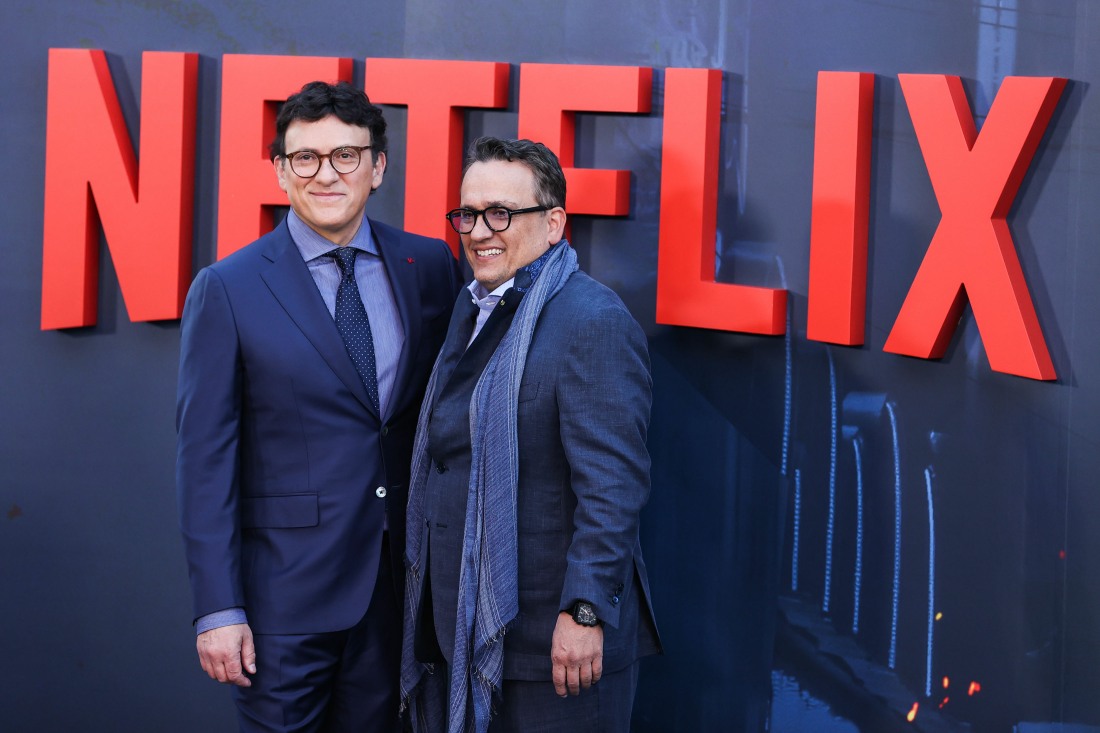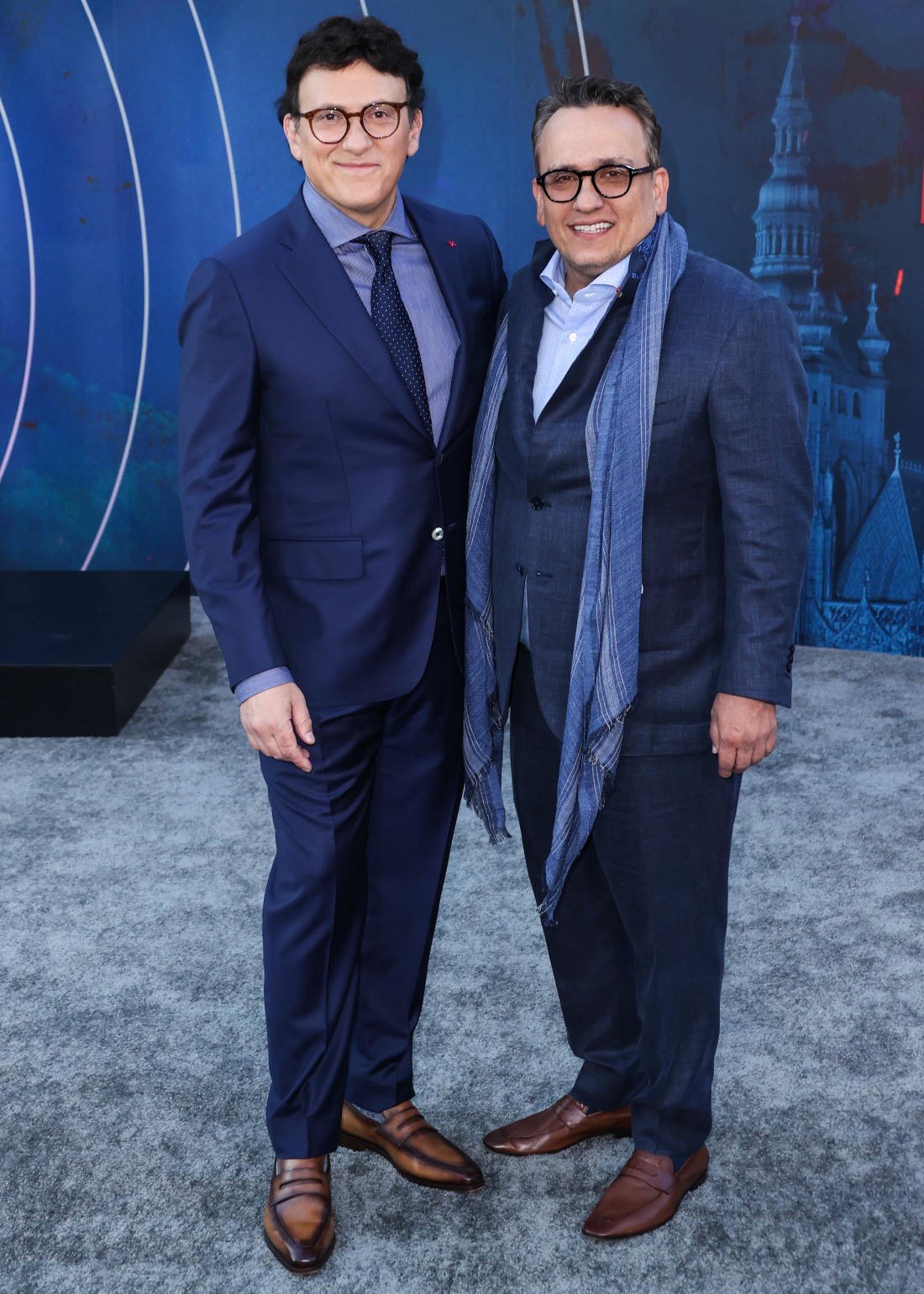Just going from memory, I think I’ve only gone to the local theater twice since March 2020, the start of the pandemic. I had already gotten out of the habit of going to see theatrical releases regularly, but I would still go maybe one or twice every few months. The pandemic changed that for me and for a lot of people. Sure, there are still huge theater releases and people will still line up to see Marvel movies and big spectacles like Top Gun: Maverick. But there’s even more of a move to release more stuff on streaming services and that’s totally fine with me and with millions of other people. The Russo Brothers – Joe and Anthony Russo – directed The Gray Man for Netflix with a huge budget. The math used to be that if a film costs $100 million to make, the only way you can recoup that money is with a wide theatrical release. Except the math has really changed, to the point where Netflix *can* give the Russos $200 million to make an action movie which almost everyone will watch on Netflix (The Gray Man did get a theatrical release though). Anyway, the Russos spoke to the Hollywood Reporter about Hollywood’s new math and whether people even want to see movies in theaters anymore – the full piece is really interesting, and here are some highlights:
Joe Russo on why it’s easier to work with Netflix than a film studio: “Their mentality is more the mentality of a tech company than a studio. They’re very hands-off. Nobody bothers you. They have a different approach to how they control the budget on the movie. It’s not as stressful as it is at a studio. There are a lot of positives to working with them. And I’d argue that I think digital distribution has fostered more diversity in the past five years than Hollywood has in a hundred. Because they’re regionally supported, they need to foster connection and talent in those regional markets. Of course, everything’s always driven by money — but that’s an important byproduct of a company like Netflix.
Joe Russo on their agnosticism on presentation & delivery: “Anthony and I are fairly disciplined in being agnostic about presentation. Extraction was watched 100 million times [on Netflix]. That’s the equivalent of a $2 billion movie in theatrical. When we worked with Marvel, we traveled the world for a decade. What that allows you is an understanding that goes beyond a Hollywood-centric point of view of how to create content. We’re agnostic about delivery. You know what might make everybody happy is Netflix starts doing 45-day windows and they have their giant digital distribution platform. Everybody wins. That feels like where it’s going.
Joe on whether they think it’s become cool to hate on Marvel’s ubiquity: “When I was 19, I used to love U2. And then they started getting some commercial success, beyond their MTV early days, where they were the biggest band in the world. And I was like, “I hate U2. I’m sick of U2. They’re so ubiquitous!” That was just my ego trying to define myself against the masses. Then, 10 years later, I was like, “I f–king love U2. Why did I do that?” I outgrew it. It feels like a very juvenile conversation. The whole thing feels sad and cynical and pessimistic. You’re talking about movies that 10-year-olds are weeping over and begging to go see. They’ll remember for decades that they were there with their grandfather. Like, give me a f–king break.
Joe Russo on what he’d like to see changed about the industry: “Auteur filmmaking is 50 years old at this point. It was conceived in the ’70s. We grew up on that. We were kids, it was really important to us. But we’re also aware that the world needs to change and the more that we try to prevent it from changing the more chaos we create. It’s not anyone’s place to reject the next generation’s ideas. We’re in crisis right now because everyone’s at war with each other. It’s sad to see, as guys who grew up loving film. A thing to remember, too, is it’s an elitist notion to be able to go to a theater. It’s very f–king expensive. So, this idea that was created — that we hang on to — that the theater is a sacred space, is bullsh-t. And it rejects the idea of allowing everyone in under the tent. Where digital distribution is valuable, other than what I said earlier about how it pushed diversity, is that people can share accounts; they can get 40 stories for the cost of one story. But having some kind of culture war about whether there’s value in that or not is f–king bananas to us.
[From THR]
People are yelling about these answers, specifically about “it’s an elitist notion to be able to go to a theater. It’s very f–king expensive.” I agree with him though? Maybe “elitist” isn’t the right word, but there’s a privilege there, to have the time, money and access to see every Marvel film in a theater on opening weekend. Parents taking their kids to see the latest Pixar or Disney movie are paying what? Something like $60 or $70 on tickets for themselves, the kids, plus snacks. The “auteur” era of filmmaking, the 1970s, was back when you could just go to a little hole-in-the-wall movie theater and buy a cheap ticket to whatever art-house film people were talking about at the time. Nowadays, there are so few independent theaters, and the theater chains have such a strangle-hold monopoly and it’s driving ticket prices up, etc. I don’t know. I agree with him.
Photos courtesy of Cover Images.
Source: Read Full Article

